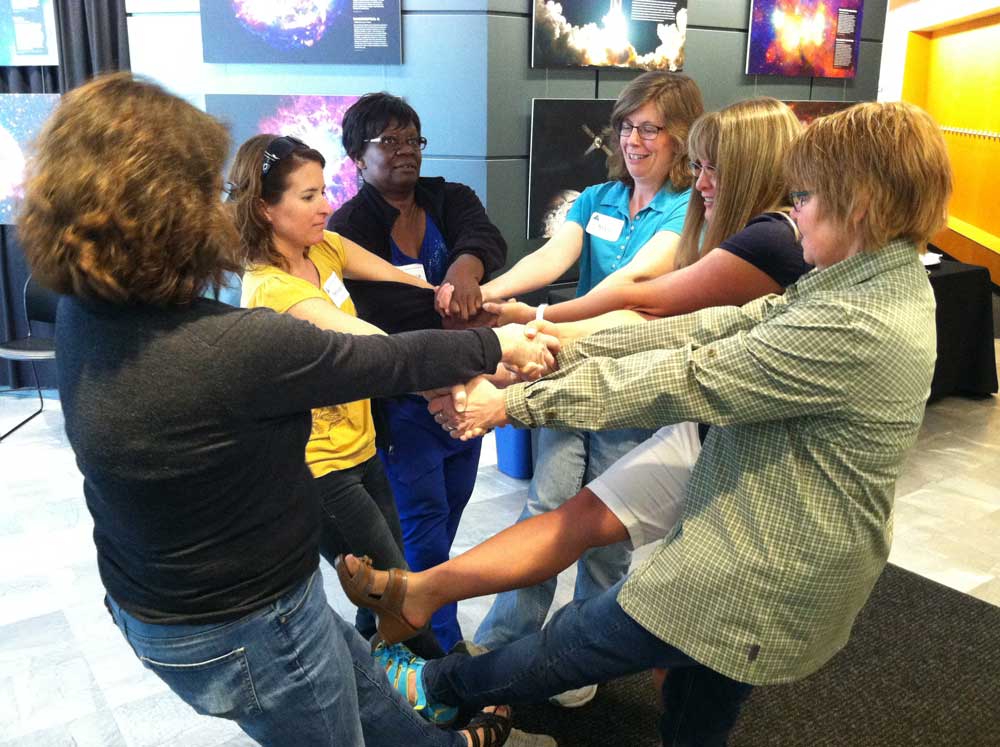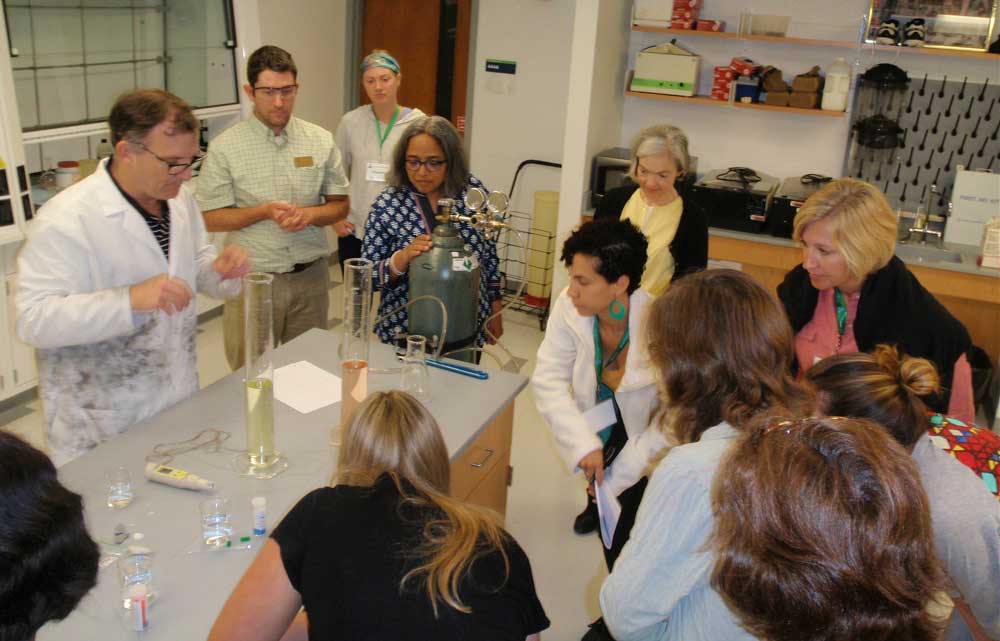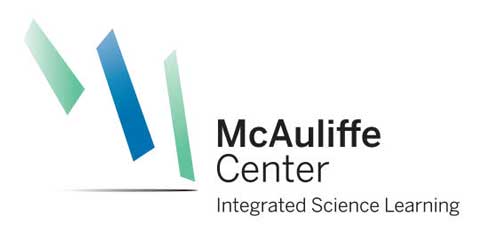MetroWest Region
One-Week Institute for Middle and High School Educators
New Visions for a Changing World: Towards a Pedagogy of Climate Change
Droughts in the Southwest. Superstorms. Melting Arctic ice. Changing weather patterns and the northward movement of tropical species. Sea level rise of 1-4 feet by the end of the century. What is the Earth telling us? What trends and patterns are observable? What do they hold for our future? What do we know about climate change? How do we know it?
Our participants spent a week this summer asking these urgent questions about planetary changes, gathering and evaluating data, developing hypotheses, and considering evidence and consequences as they explored the intersection of climate science, food production, biodiversity, energy and infrastructure, and society. Their experiences included field and laboratory work at the recently opened state-of-the-art Framingham State University Hemenway Laboratories. They participated in laboratory experiences to develop an understanding of the basic physics and chemistry of climate change that include analysis of temperature, carbon dioxide and precipitation data. Teachers performed experiments to estimate the energy content of food waste, and explored the connections between food waste, agricultural production, energy consumption, emission of carbon dioxide and methane, and the warming up of the planet. They learned about exciting pedagogical approaches utilizing the idea of paradigms and paradigm shifts. Teachers applied science and engineering practices to complex systems and complex problems, thus enabling them to creatively and effectively engage students in the heterogeneous classroom. They left with an array of useful tools and inspiring approaches that are designed for deep learning, effective communication and positive change-making.
Partners: Framingham State University College of STEM, McAuliffe Center for Integrated Science Learning, Center for Climate Change Education




